Yes, it’s true that Gorman Bechard doesn’t use one moment of performance footage in his documentary about the legendary indie band The Replacements. Nor does he interview any member of the band.
And here’s the answer to your second question: He never intended to. Even though he’d been handed the ‘Mats on a plate.
Bechard, a diehard Replacements fan dating back to some of the Minnesota band’s earliest East Coast forays, was actually given access to dozens of hours of of live footage and 145 interviews regarding the Replacements. The benefactor was Hansi Oppenheimer, whose own attempt at a Replacements doc had fallen through.
But Bechard chose to go his own way. “I didn’t use a one frame of her footage,” he explained over coffee at Willoughby’s in New Haven last week. “I never tried to get the music [rights]. I wanted a different tone. I wanted to make a serious documentary about the music.”
His way took a half dozen fellow producers, each in charge of region of the country and each responsible for arranging dozens of interviews. The result, subtitled “a potentially true story,” creates rock & roll epiphany by talking to the witnesses of a miracle rather than the distracted creators of that miracle.
Bechard knew he was taking a leap, but he was also aware of the limitations of pretending to be authoritative.
“End of the Century was a great documentary,” he says, “but wouldn’t it have been better if it had been made a few years earlier, when Joey was still alive?”
One of the members of The Replacements is dead. Others aren’t involved in music anymore, or rarely give interviews, or don’t care to dredge up the past. Then are the stories being told—few of the band’s most infamous shows were documented. It’s simply not one of those situations where an interview subject can mention an important moment, and the film can jump to a visual of that moment.
Bechard realized he was attempting to capture vanished moments. He wanted to hear about them from the people who still treasured them, who upheld them as sacred. People like himself.
“The Replacements are my music gods. I don’t believe in God, but I believe in The Replacements.” He saw the band 15 times, admitting that when he saw them the first time—at Toad’s Place in New Haven, opening for REM—he hated them. He’s also not infatuated with everything the band ever did. “If Don’t Tell a Soul was the first Replacements album, I wouldn’t be here talking to you. I would never have done a Replacements documentary.”
But the fact that there was so much to hate as well as to love about The Replacements is what makes Color Me Obsessed such a fascinating film. It proceeds chronologically, from the band forming and achieving local Minneapolis fame through their college rock acclaim (when college rock was barely a genre) to major-label intervention, national tours with major acts, a plum gig on Saturday Night Live (where their behavior backstage led to them to never be invited back on the show) and the all-too-inevitable dissolution.
Yet Color Me Obsessed comes off strangely non-linear. The emphases and arguments keep changing, as do the film’s priorities. Some interviewees’ favorite albums are others’ most hated ones. There’s not one chapter of the band’s history that isn’t painted as both a high point and a low point, depending on who the camera is on during that particular quick-cut nanosecond.
The Replacements were a blur, and so is Gorman Bechard’s film about them. Color Me Obsessed is a collage of chat, data (some of which places this renowned band in context by noting the thousands of albums they sold against the millions sold during the same time period by such bands as The Police, Bon Jovi or U2), annotations, footnotes, text quotes, band fliers, album covers and (though not of the band members themselves) lots of photographs. It’s exactly the right approach. Having canned footage follow canned quotes would dilute the spirit of what’s being covered here. A ramshackle, openly contradictory maelstrom of passionate opinions is what’s required.
This fractiousness, and related randomness, is utterly true to The Replacements’ legacy. As is regularly noted in Color Me Obsessed, some of the band’s shows are revered for being drunken, sloppy messes. When the band played well, and kept to the set list, they could be pilloried. It was the same with the records—great songs are acknowledged, but downgraded because of what’s considered poor (or dated) production values. Cheap, lousy recordings get special attention for their spontaneous quality. Bechard himself describes 1984’s Let It Be as being “like seven bands on one album. There’s something for every emotion.”
The hordes of friends, critics, fellow musicians and fans interviewed by Bechard seem like they’d almost rather talk about the band than listen to them. They feel their infatuation demands careful analysis. So it’s fitting that they crowd out the need for performance footage. After all, you can go to theology class without going to church.
“The star of the movie,” in Bechard’s obsessed opinion, “is Robert Voedisch. He’s a farmer in Minnesota. He represents what bands can do to us when we’re younger.” Voedisch articulates what it was like to listen to a band’s album every day, to be able to see the members walking the streets of Minneapolis, to worry about what making eye contact with them might mean psychologically.
With observations ranging from split-second thumbs-ups to deep analyses and contradictory recollections of the same events, the film clocks in at almost two hours. The first cut was over three, and winnowed down gradually via weekly viewings by the producers. You get the sense the conversation is still going on somewhere.
Color Me Obsessed has had a slew of public screenings already, including in Minneapolis (which packed ‘em in at one large theater and two smaller ones) and Boston, which Bechard says “was like a rock show. There was a great Q&A. The crowd was really into it.” Color Me Obsessed has gotten major attention from national mags like Rolling Stone and The Onion,
Saturday’s screening is the first public one in New Haven, Bechard’s stomping grounds for his entire life. For locals, there’s a long description of a Replacements show at the Grotto, the late ’80s underground club which is now the site of Gotham Citi. New Haven scenesters may also revel in the flier for the Replacements’ debut gig in New York City, a bill on which the Stratford Survivors also appeared.
The blobbish monster at its core came from Minneapolis, but Color Me Obsessed is a movie for every local band scene.
The special Yale screening—and Connecticut premiere!—of Gorman Bechard’s new documentary Color Me Obsessed is 7 p.m. Saturday, Sept. 17, at Yale’s Whitney Humanities Center (53 Wall St., at the corner of Wall St. and Whitney Ave., New Haven). Admission is free.

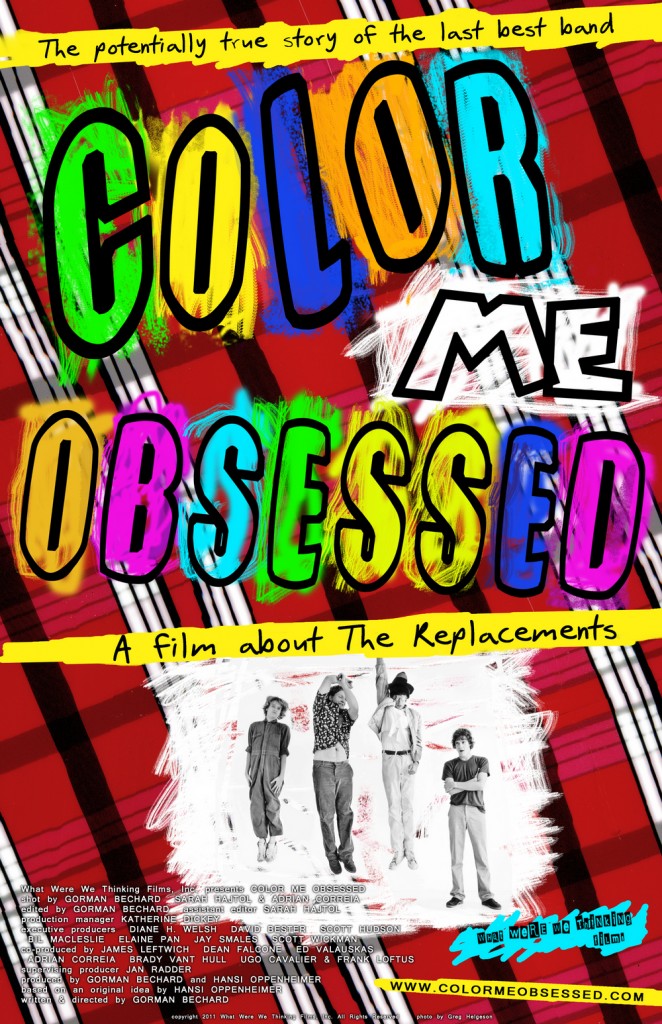
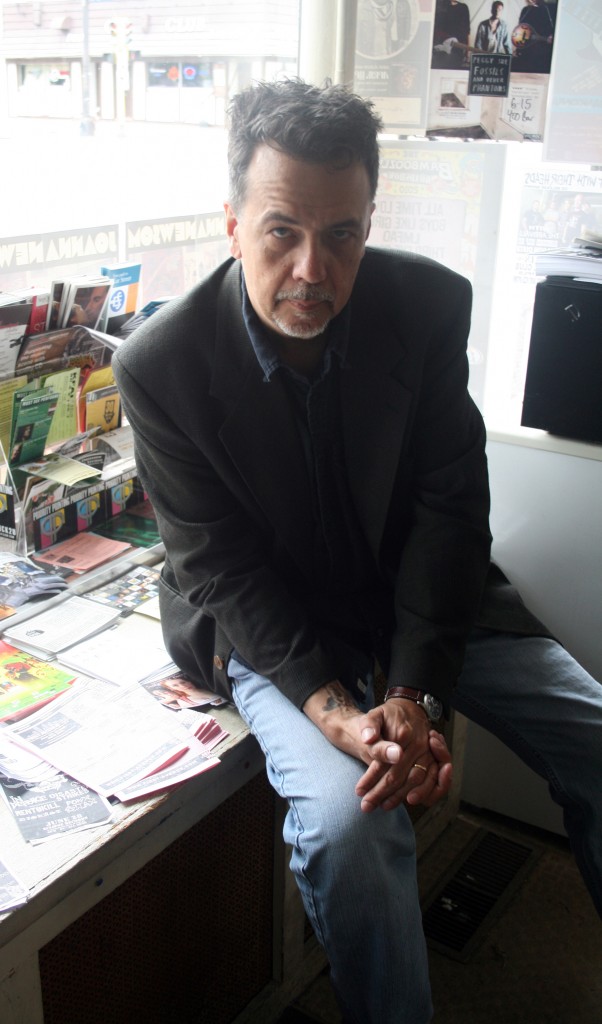
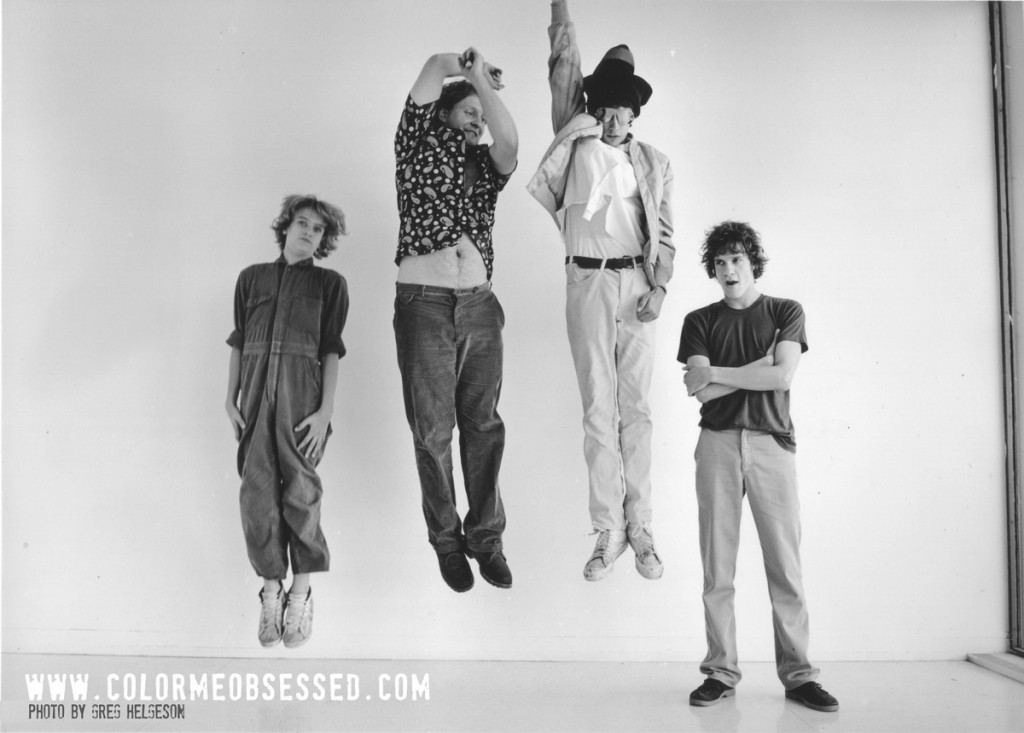
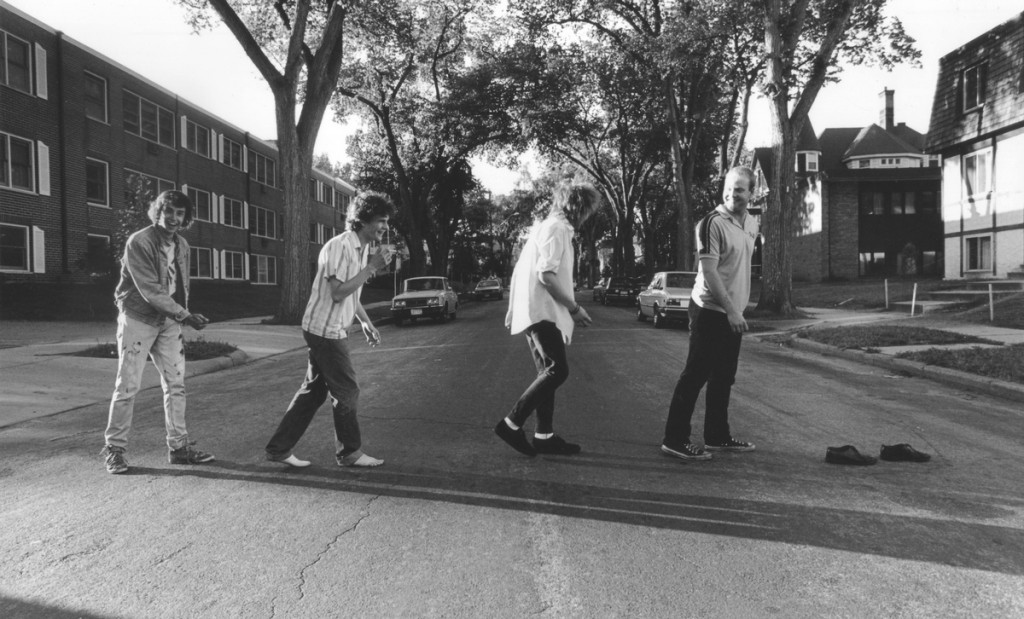
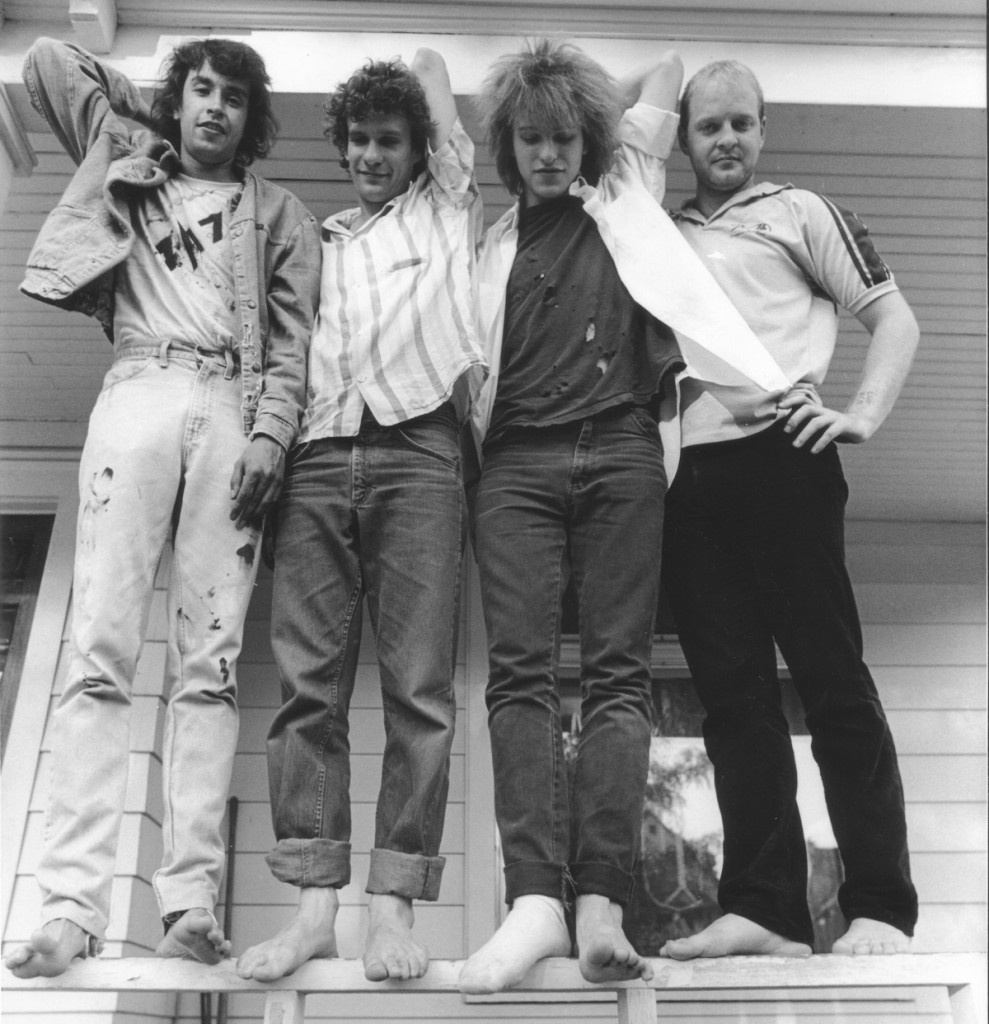
That was perfect Chris!!!!!